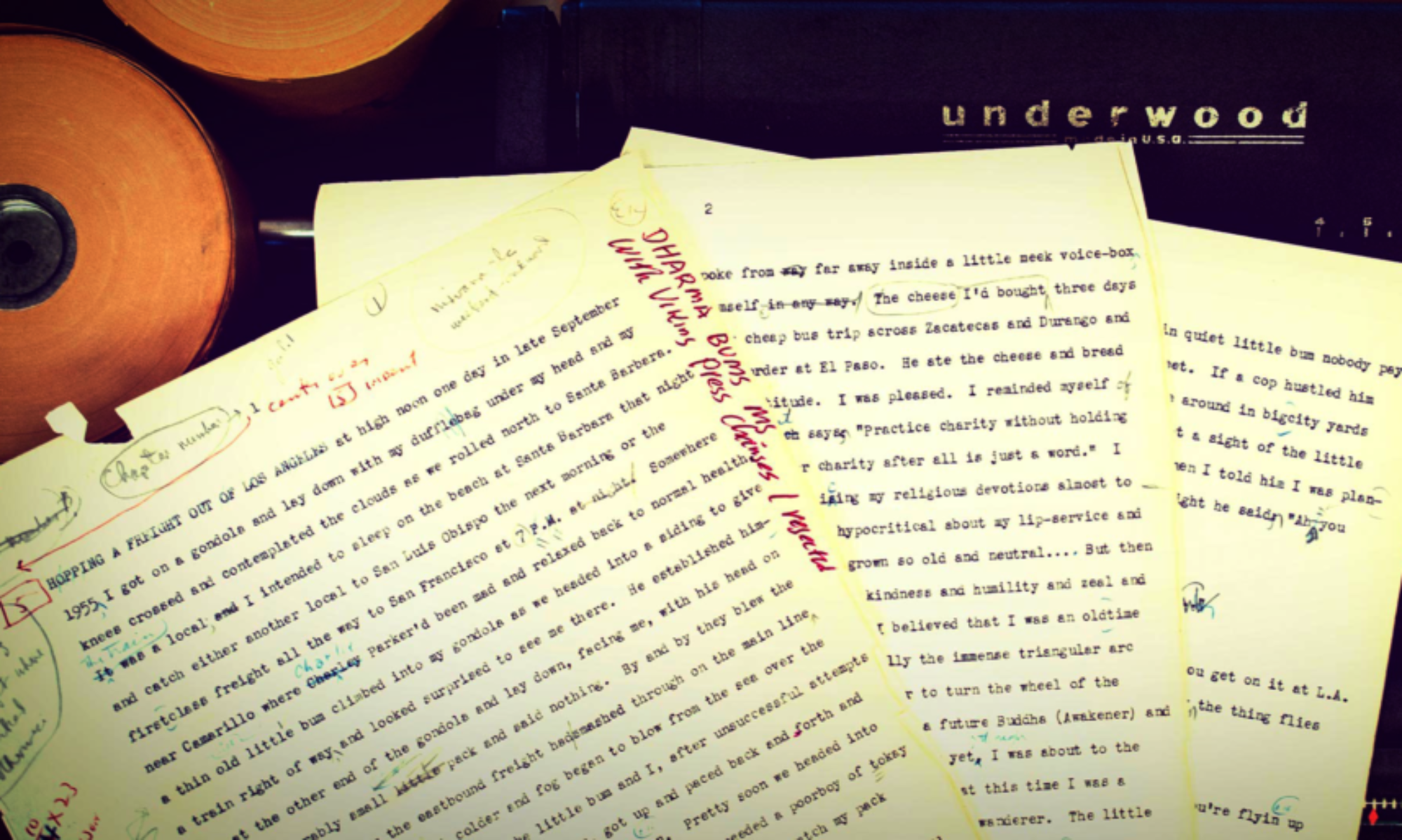The Emory English Department is excited to welcome new and returning students for a semester truly unlike any other. With the ongoing COVID pandemic, we understand the desire for consistency in our new virtual environment, so rest assured! The English Department is still offering a course list full of interesting classes this semester! The full list of offerings can be found on the Emory Course Atlas, but we’ve highlighted a few of the relevant and unique English classes below.
ENG 290W: The Coming-of-Age Novel: Taught by graduate student Connor Larsen, this course focuses on novels starring young people in search of identity, often rebelling against their community to find a voice of their own. The novels in this course question what it means to “grow up” amid pressure to conform and constraints on an individual’s freedom.
ENG 389: Pandemic Poetry: This extremely relevant new course, taught by Professor Geraldine Higgins, responds to our current global crisis through poetry. This course is an extension of a lockdown initiative where members of the English department shared a poem a day. The course asks questions such as: Do we turn to poetry as a source of consolation or warning? Does it inspire anger or hope? In what ways do familiar lines take on new resonance in our current crises? This course will explore these questions and more.
ENG 290: Poetry and Mourning- History of English Elegy: Elegy is a lament for the dead, a song of mourning. In a tradition going back to Greek and Roman antiquity, many poets wrote elegies for the poets who preceded them as a way to mark themselves as the inheritors of the poet’s role even as they brought new materials and new themes to the genre. Taught by Professor Deborah White, this class will explore these paradoxes across the long history of elegy, giving special attention to how elegy comes to be a poetic rite of passage.
ENG 389: German Environmental Culture: With the existential crisis of global warming on the horizon, it is clear to Professor Caroline Schaumann that we are beginning to live in a fundamentally changed world, a volatile and unknown environment we can neither control nor predict. This course will critically assess the narrative traditions that have accompanied, explained, and challenged our lives in the Anthropocene, a new geological epoch defined by human activity. It will familiarize students with current debates in the environmental humanities and investigate particular texts documenting climate change, from political critiques to climate thrillers and everything in between.
ENG 389W: Reading Communities: Led by Professor Abigail Droge, this course will embrace a remote version of a common 19th-century learning format: The Mutual Improvement Society. A principle tenet of mutual improvement was that engaging with literature was social as much as educational; friendships built around shared intellectual pursuit could keep readers going, even through difficult times. Building from archival examples of the records that such Victorian societies left behind, students will work together to form their own Mutual Improvement Society. The primary question for this course will be: how can literature help us to build community, even when we are not in the same place?

